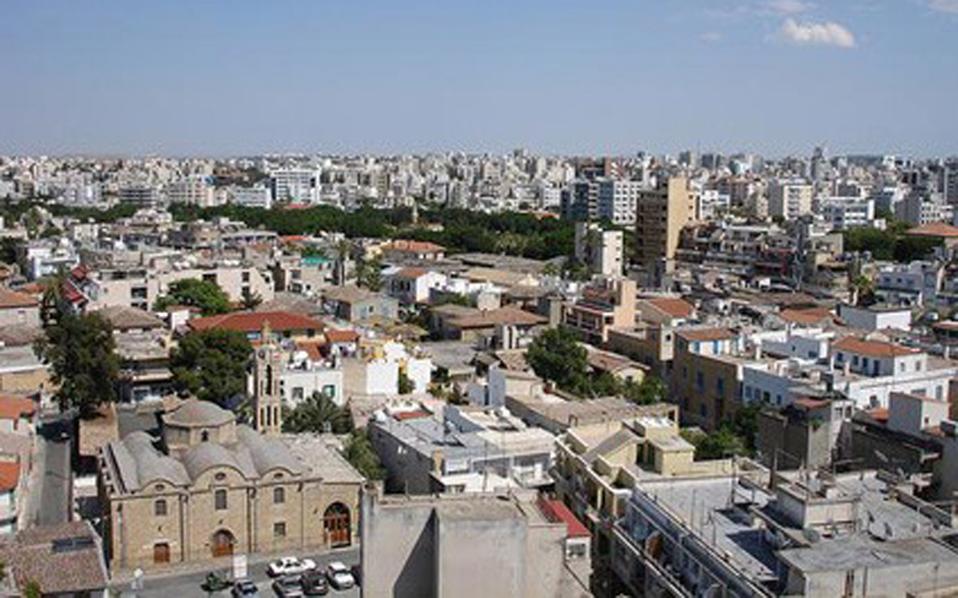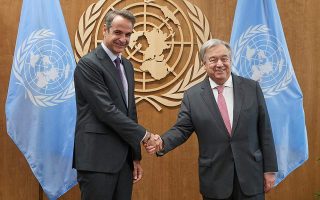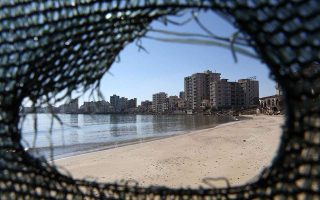Cyprus-based project to monitor Mideast emissions

A new research center to monitor greenhouse gas emissions in the east Mediterranean and the Middle East officially launched Tuesday on the island nation of Cyprus as part of efforts to tackle climate change across the vulnerable region.
The 30 million-euro ($33 million) project is equally funded by the European Union and Cyprus and will boast one of Europe's largest environmental observation posts. The Eastern Mediterranean and Middle East Climate and Atmosphere Research Center will eventually involve a state-of-the-art scientific complex to monitor the Middle East, coordinator Jean Sciare said.
The project will bring together top scientists from France, Germany, the Netherlands and three other countries to monitor greenhouse gas emissions with satellites and other technology.
Another goal is to raise public awareness about climate change in the Middle East, where opinion polls show the issue isn't high on the public's list of concerns. Experts predict the Middle East, a global climate change "hot spot," will in three years produce more greenhouse gases than the 28-nation EU.
Cyprus was picked to house the center as the EU member state located farthest east. The Mediterranean island nation is closer to Lebanon and Syria than any fellow EU country.
The project's launch coincided with the Cypriot government announcing its own climate change initiative to develop a regional action plan, Environment Minister Costas Kadis said.
"We want to bring the scientific community together with policy makers to give them a tool kit to work in ameliorating the impact of climate range on region," Kadis said.
Michel Jarraud, the former head of the World Meteorological Organization, told The Associated Press that greenhouse gases are now reaching a much higher concentration than any time in the past million years.
Jarraud warned that a two-degree Celsius rise in temperatures could impact regional water resources and cause flooding in the vulnerable Nile Delta.
[AP]





